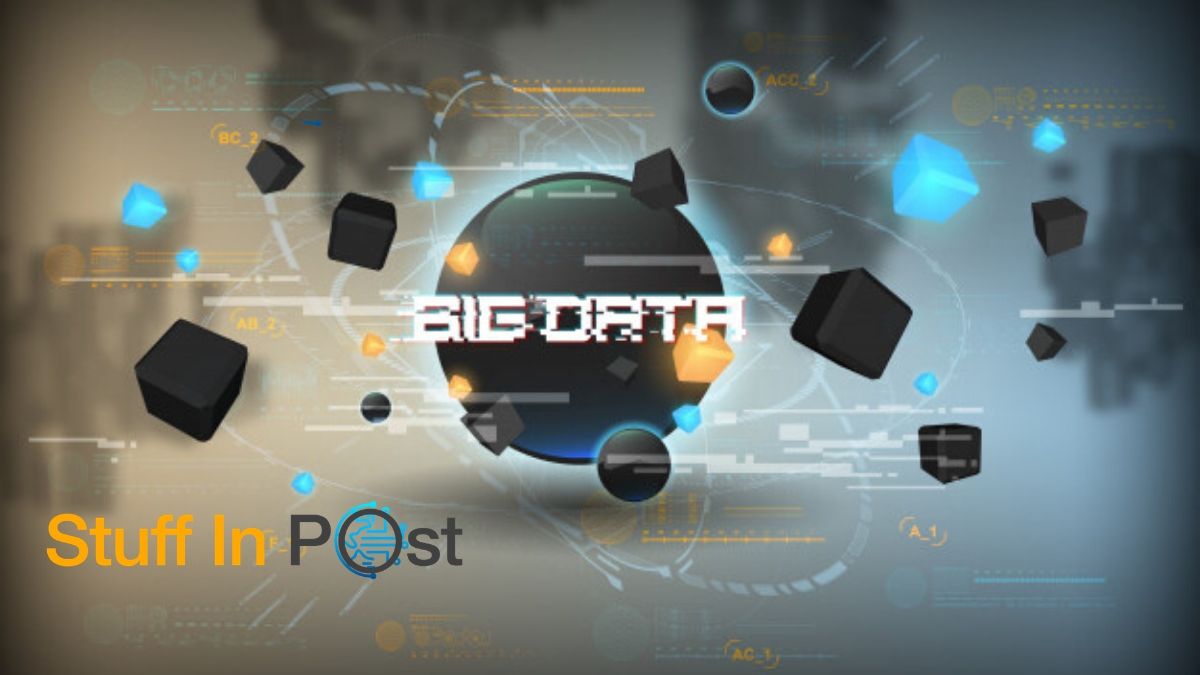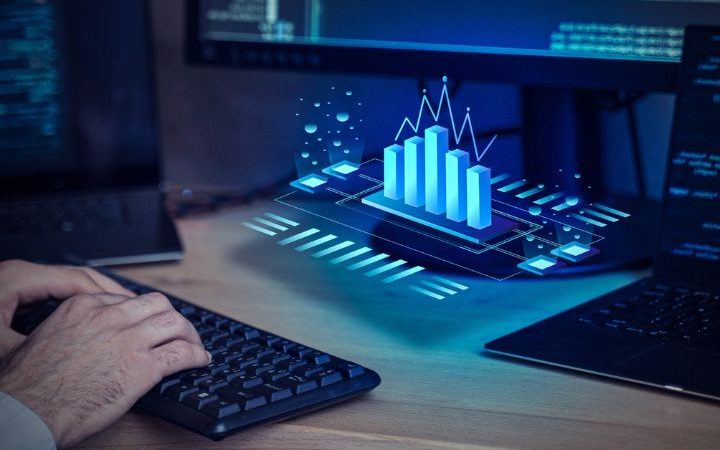All About Small Data Concept: Big Data For SMEs

Many are intimidated when they hear the Big Data concept. It is indeed a process that requires excellent technological and human resources to benefit and get the most out of it. However, today we will see how Big Data for SMEs is perfectly viable thanks to Small Data. Do you want to meet him?
What Is Small Data?
Before entering the definition of Small Data, it is essential to emphasize that Big Data gave the key to making smart and correct decisions. He minimized risks and, most importantly: thanks to him, we can predict consumer behavior and be at the exact moment when they need to satisfy a need.
If we Google the term “Big Data” we will find different types of concepts, in which we will see words such as: “massive”, “large scale”, “large data sets”, “huge amounts of data”, “Petabytes”, “Exabytes”, among others.
Do you know the amount of information an Exabyte contains?
The answer is a trillion gigabytes, an unimaginable amount of data for us mere humans, but not for a machine. Large companies such as Google, for example, often talk about Petabytes and Exabytes of information very frequently, and it is normal for the amount of data they collect. On the other hand, if we lower the scale and start talking about SMEs, the common thing would be to speak about Gigabytes and Terabytes.
The needs of giants like Google increased over time, so at one point they considered what to do with so much data and how they could take advantage of it, leading them to understand that if they analyzed all the information they collected They were able to understand the market better and create customized strategies based on that data to meet demand better.
It sounds great what can be achieved with Big Data’s concept, but SMEs can be overwhelmed. They come to think that they do not have the necessary tools to obtain and organize this enormous amount of data. But let’s do a little exercise: let’s change the term from Big Data‘s to Small Data; the concept of the 5V’s fit correctly for an SME, the only thing that changes is the volume of data and the tools that we will use.
Applying Small Data?
- Collect data from different sources
- Analyze the data obtained and give value to them
- Interpret the data until you have a clear vision of who our customer is and what their needs are.
- Design personalized strategies based on what we know about our consumers. Strategies that help us improve our processes, products, services, etc.
What Tools To Use In Small Data?
In the cloud, there are many tools to collect and analyze data efficiently and at a low cost or even for free. For example:
- Google Analytics
- Heatmap
- Mailchimp
- SurveyMonkey
- Alexa
- Similarweb
- Adwords
- SEOSiteCheckup
All the above tools collect and analyze data, although we must choose them based on business needs. We must investigate them, find in them what works for us and discard those that will not be useful to us.
For retail businesses, for example, GFK is a company that is in charge of studying the market of major technology brands such as Sony, Samsung, LG, among others, and offers a market analysis and statistics service, free of charge, to change to be provided with a sales report on certain product categories with a specific format; They give you different options, and you choose the one that suits you best.
Small Data Specialized Tools
There are other specialized tools to integrate the data collected from different sources. These tools are of great help when the time comes to consolidate and analyze the information; you can do it from a single platform.
Differences Between Small Data And Big Data
We can conclude that Big Data and Small Data treated the same, only varying the amount of data and infrastructure necessary for the treatment thereof, being synonymous with the Business Intelligence, and this is where comes a specific phrase: l or not Measure cannot be improved, if you are an SME, it is time to start taking this concept seriously and creating an action plan for its implementation.
And if you want to train and be a real Big Data’s expert to differentiate your professional profile. You can become a real data scientist!


